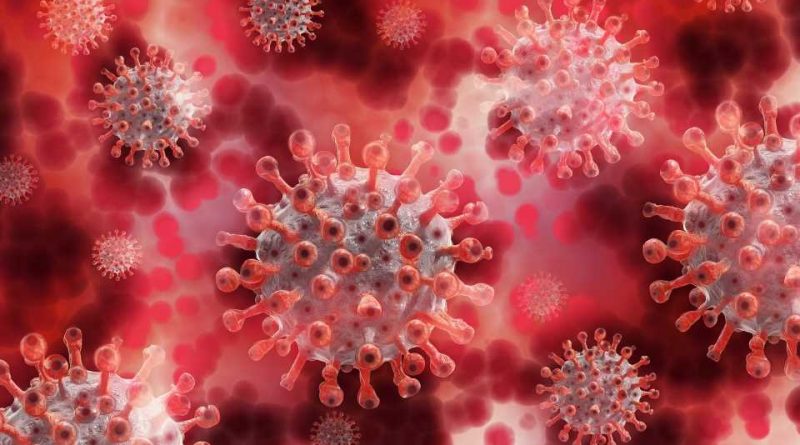Two years of patient data reveal real-world efficacy of COVID-19 treatments

The COVID-19 pandemic created a real-life experiment that demanded health care providers nationwide rapidly stand up clinics to administer an evolving offering of monoclonal antibody treatments that—while initially proven safe and effective in clinical trials and approved under federal emergency use authorization—had never been tested at such a scale.
The task was massive and the real-world benefit uncertain, particularly for monoclonals approved later in the pandemic based only on laboratory data. An analysis published today in the Annals of Internal Medicine by UPMC and University of Pittsburgh School of Medicine clinicians and scientists shows that it was worth it.
“The virus was a moving target, and, for two years, monoclonal antibodies were approved, revoked, sometimes reauthorized and sometimes scarce,” said lead author Kevin Kip, Ph.D., vice president of clinical analytics at UPMC. “Using UPMC’s database of patients treated with monoclonal antibodies —one of the largest in the U.S.—we are finally able to conclude that pushing through all these challenges unequivocally saved lives and prevented hospitalizations.”
Monoclonal antibodies are human-made antibodies specifically designed to prevent a pathogen—in this case the virus that causes COVID-19—from entering human cells, replicating and causing serious illness. The U.S. Food and Drug Administration granted emergency use authorization to five different COVID-19 monoclonal antibody treatments at various times between 2020 and 2022. All were restricted to people age 12 and older with risk factors that made them more susceptible to bad outcomes from COVID-19. The treatments had to be administered intravenously or through injection by a health care professional. As the virus evolved, new monoclonal antibodies were introduced and older ones, which were no longer effective, were removed.
Starting with the first authorization at the end of 2020, UPMC opened dozens of clinics, set up emergency department infrastructure and arranged home visits to maximize its ability to provide monoclonal antibodies to patients in Pennsylvania, New York and Maryland. After the emergency use authorization was revoked for the last monoclonal antibody on Nov. 30, 2022, and no new monoclonal antibodies were introduced, UPMC pulled anonymous clinical data on 2,571 patients treated with monoclonal antibodies and matched them with data from 5,135 patients with COVID-19 who were eligible for monoclonal antibodies but did not receive them.
On average, people who received monoclonal antibodies within two days of a positive COVID-19 test reduced their risk of hospitalization or death by 39% compared to their peers who did not receive the treatment. Patients with immunocompromising conditions, regardless of their age, had an even greater reduced risk.
Patients treated when the alpha and delta variants of the virus were circulating experienced greater benefit than their untreated peers compared to those treated when the omicron variant was circulating, likely because earlier variants were more deadly and people had less prior immunity from previous infection or vaccination. By the time omicron was circulating, risk of death and hospitalization had fallen in general, so monoclonal antibody treatment had less overall benefit, but still clinically meaningful benefit, particularly in vulnerable patients, explained co-author Erin McCreary, Pharm.D., director of infectious diseases improvement and clinical research innovation at UPMC.
“Right now, COVID-19 has a relatively low risk of death for the general population, but we have seen how quickly this virus can mutate and spread. Nobody can say with certainty that a future variant won’t be more deadly,” McCreary said. “Should that happen, our real-world data give reassurance that investing in the infrastructure and health care worker knowledge to quickly give antibody treatments keeps people in the communities we serve alive and out of the hospital.”
More information:
Evolving Real-World Effectiveness of Monoclonal Antibodies for Treatment of COVID-19, Annals of Internal Medicine (2023). DOI: 10.7326/M22-1286
Journal information:
Annals of Internal Medicine
Source: Read Full Article



